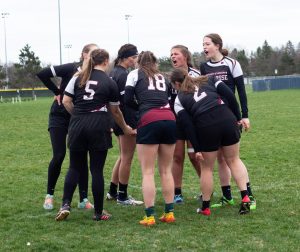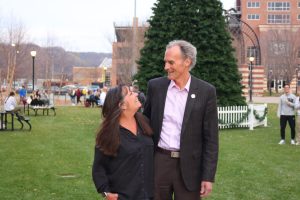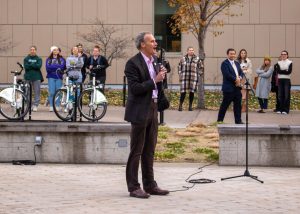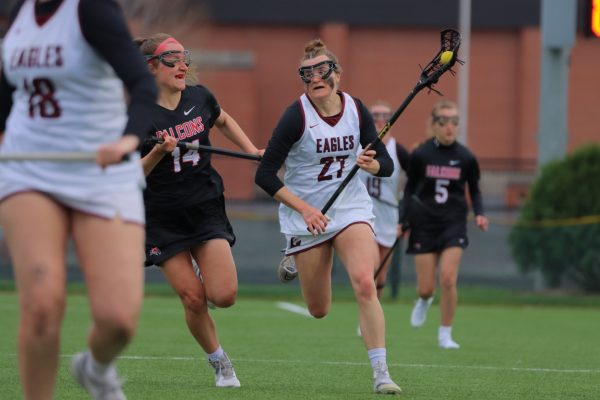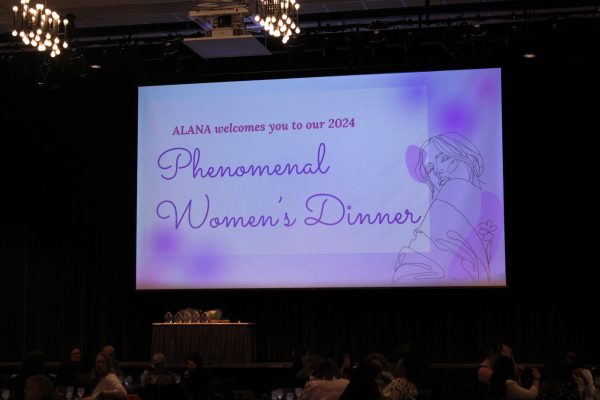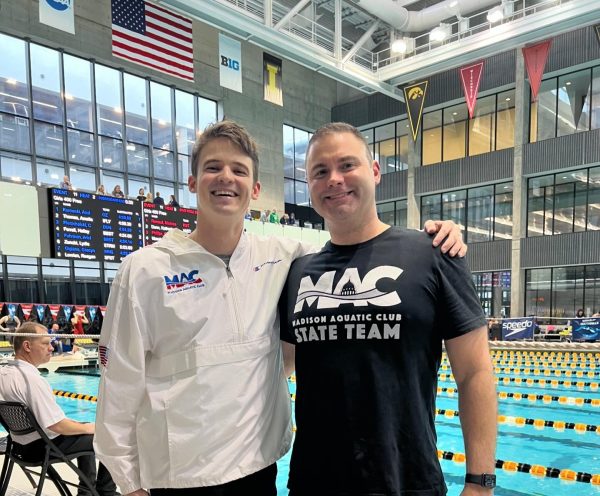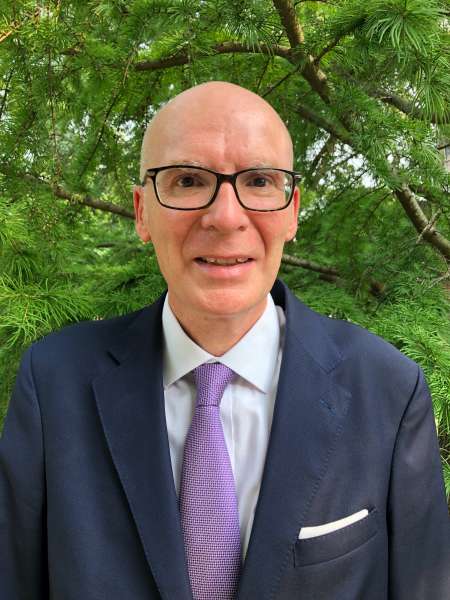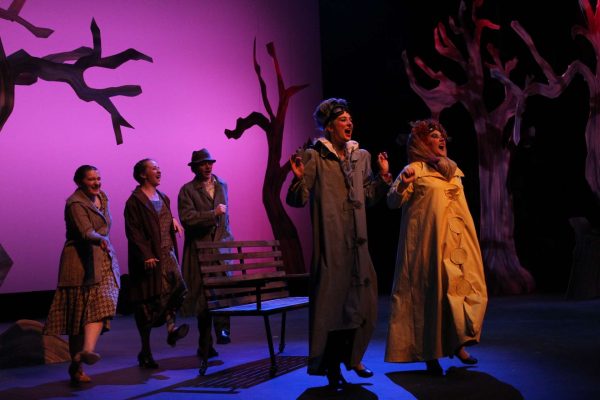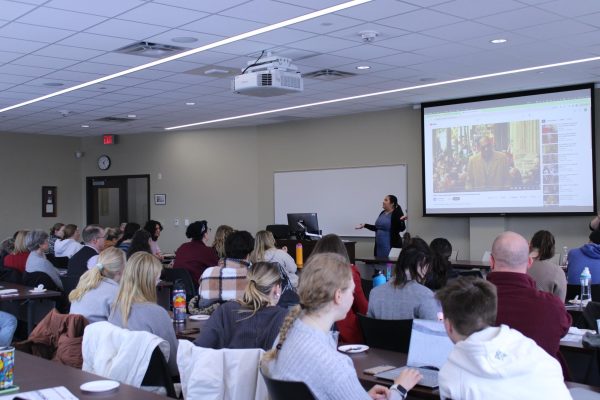State Reps. weigh in on effects of budget cuts
April 8, 2015
Since the budget was announced earlier in the 2014-15 academic year, it has been quite the topic of conversation and debate among students and public alike. As it appears, both groups are looking to negative impacts. With the cuts, the UW system is going to have to make some adjustments on spending. However, senior care systems will also be cut, and the K-12 public school systems will be affected, as well. These issues were discussed in the Budget Listening Session at Logan High School, Monday, March 30.
“We think budgets are about numbers, but really they’re about people,” State Representative Steve Doyle said at the meeting.
And, as Doyle stated, this listening session focused mostly on the people, the kids and elderly, who will be affected by these budget cuts. State Representative Jill Billings has been to eight listening sessions around the state, where citizens really seemed to be rallying together against the budget.
There were introductions of those on the panel, including Superintendents Dale Carlson, Fran Finco and Randy Nelson, as well as Doyle, Billings, and Senator Shilling. The meeting continued with a presentation by Jeff Pertl, Senior Policy Advisor of the Wisconsin Department of Public Instruction, who was also a part of the panel.
“83 percent of kids go to a traditional public school,” Pertl stated during his presentation, mentioning that only 12 percent go to a private school in Wisconsin. It was discussed that with the budget, those attending public schools would suffer the most, since they rely on money from the government through the local school council.
The presentation also emphasized the achievement gaps that are occurring in public schools based on the economic status of certain students, as well as those occurring between various races, and how the budget would not be helping these apparent gaps.
After Pertl’s presentation was a listening session. The superintendents and congress members wanted to hear from the people this time, rather than the other way around. Most of the information is out about the budget; now it is time for the people to speak their perspectives on the matter.
Throughout the meeting, and especially from what citizens said, the key items that the budget is not considering, which everyone else finds important, would be the students it will affect, and the aspect of locality. The people value public education, and the fact that it should be run by people voted in from the local community. That way, the council will know the community, and the school’s needs will most efficiently be met.
“You can’t punish schools into excellence,” Nelson stated near the end of the meeting.
And it was unanimous at the meeting that the budget would be a punishment to schools.



